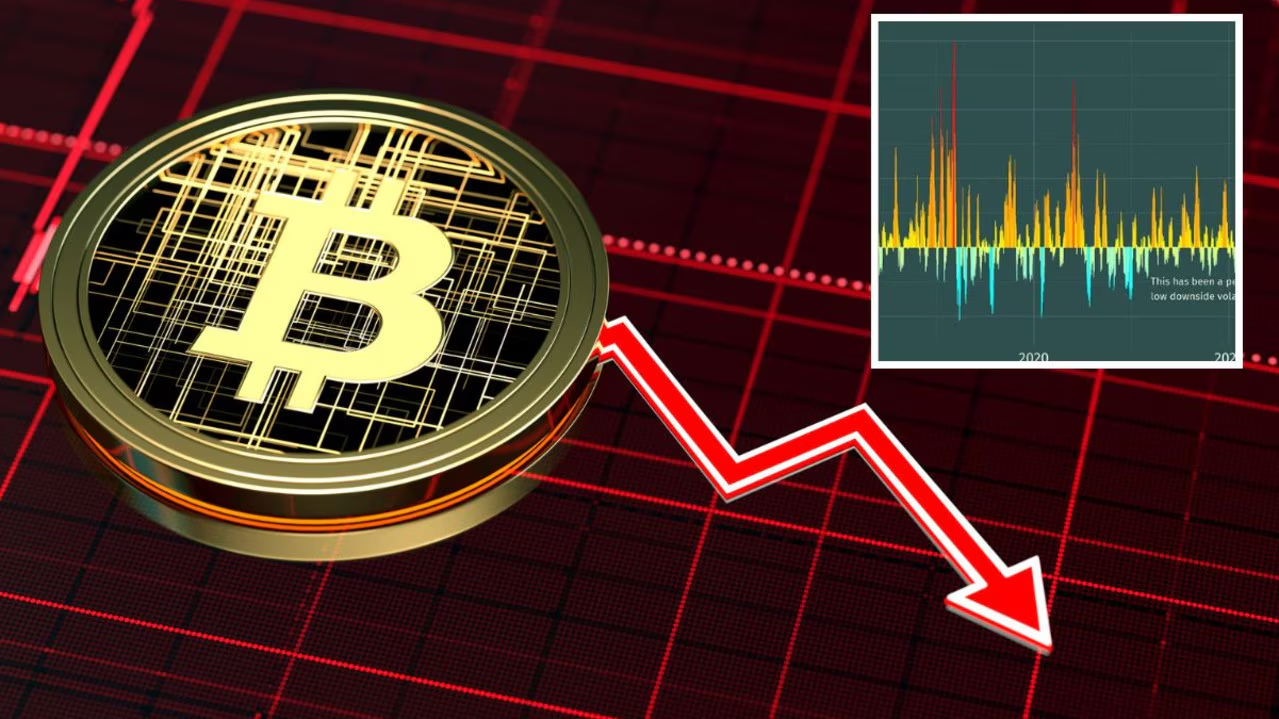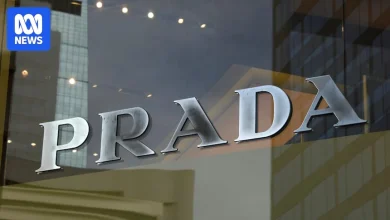‘Worst ever’: Crypto’s wild $500b wipeout

Bitcoin has just had its worst month in history.
It has never fallen so much in a 30-day period as it did over the last month, with every Bitcoin in existence suddenly worth $25,400 less.
There’s nearly 20 million bitcoins right now, so that means $500 billion in value was wiped off. Ouch.
The bitcoin bros have lost a fortune and some of them are quite upset about it.
Even if you owned only a tenth of a bitcoin, you’re down US$2,500 in 30 days. A considerable loss.
Falls like this put the cry into cryptocurrency. But not all of them are weeping.
Some can see the funny side of it, posting memes like this on the bitcoin forums.
I respect that ability to keep things in perspective. The last month has been the biggest fall, in dollar terms, in Bitcoin history.
It is not however, the biggest fall in percentage terms. This is only a 23 percent fall.
Bitcoin remains highly volatile, but it used to be even moreso, regularly recording one-month swings of -50% or +100%.
As the next chart shows, Bitcoin’s price has been less volatile over the last couple of years than it was back when it was new.
Most important lesson
What we are learning is that cryptocurrency is highly correlated with the stockmarket. The stockmarket turned to custard in the last week and crypto went with it, hand-in-hand.
The Bitcoin absolutists would love their asset to be an alternative to the mainstream financial system.
They go on and on about how Bitcoin is independent, decentralised, and not controlled by the government.
But the reality is that Bitcoin is now a mainstream asset that falls when the S&P 500 falls, rises when it rises, and is part of the investment portfolios of lots of wealthy people.
You can buy it online with a couple of clicks and it doesn’t seem to deliver much diversification.
What will happen?
This is the big question. Could it go to zero?
There’s a bigger chance of Bitcoin going to zero than, for example, gold. Bitcoin does not have centuries of history behind it.
It could do what NFTs did and turn out to be a big delusion that people enjoyed for a while, right up until they didn’t.
In a serious financial crisis, it would probably be one of the first things to fall.
Bitcoin is just a digital token. It has limited real world purpose. But it can still be valuable if people agree it is.
For now, enough people agree it is valuable. And remember – the total supply of Bitcoins is set at 21 million.
That not even enough for one bitcoin for every American male aged 25-35, let alone the rest of the world.
Not everybody has to agree something is valuable for it to be worth billions. Like first edition books, stamps or baseball cards, if enough people are excited by something, it can cost a fortune.
And as the demographic who like Bitcoin get older and richer, their preferences could have more economic impact. That’s an argument I’ve heard from some Bitcoin bros, and it is hard to disagree with.
My experience
I have in the past speculated on Bitcoin. I’ve owned it three times and each time it rose.
Once by a little bit, once when I doubled my money, and one exciting time I tripled my money.
I only ever invested sums I could afford to lose, so I haven’t made enough to retire or even buy a nice new car. I declared my modest profits to the ATO and paid capital gains tax on them.
I would have made far more profit If I just held onto my initial purchases and did not trade.
Still, I can’t rule out buying Bitcoin again.
I’m not a believer in its fundamentals, but I’m also intellectually humble enough to accept that markets sometimes go up when I think they should go down.
Pride and profit are important to keep separate.
And, as a lot of people have learned this week, you should never invest more than you can afford to lose.
Jason Murphy is an economist | @jasemurphy.bsky.social. He is the author of the book Incentivology




